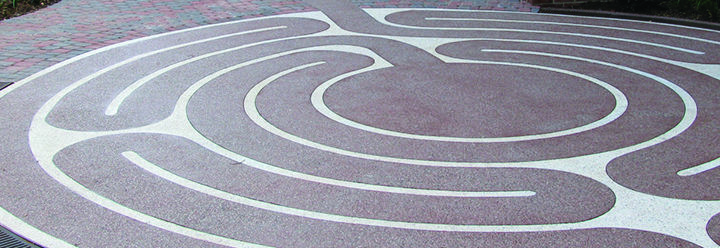The coronavirus outbreak is inspiring Christians to take spiritual formation into their own hands — and that’s just fine with a lot of spiritual formation pastors.
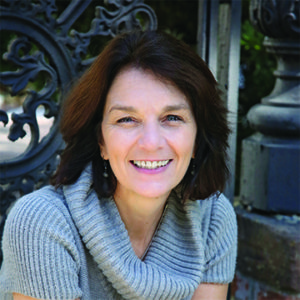
Jayne Davis
“People have pushed pause,” said Jayne Davis, associate pastor for discipleship at First Baptist Church in Wilmingon, N.C. “I find that people are finding ways to reflect on life and faith and pace and on the purpose of life.”
As individuals explore online venues for everything from Sunday school to centering prayer, Davis and other clergy are working hard to translate age-old discipleship techniques into the digital age.
“I think people are hungry,” she said. “We are trying very hard to help them connect spiritual practices to their life in very practical ways.”
‘Existential anxiety’
Fear is driving some Americans to seek solace through deepening faith.
An “existential anxiety” has developed due to the pandemic, ongoing social unrest and widespread economic hardship, said Kathryn Keller, a Dallas psychologist whose specialties include treating people with PTSD and other forms of trauma.
White Americans are confronting their white privilege since the death of George Floyd, which adds to the stress for them, she said. “People are just kind of shaken these days.”

Kathryn Keller
As a result, spiritual directors are reporting a higher demand for their ministries and programs than before COVID-19.
“People are finding us because they are looking for a meditative, contemplative orientation in the midst of this pandemic,” said Michael Sciretti Jr., a Baptist minister and pastor of The Center for Christian Spirituality, a contemplative community based in Houston.
The center has received queries from around the nation and the world since the coronavirus outbreak separated people from in-person faith communities and programs, he said. Many desire to engage in centering prayer and other spiritual paths to grow closer to God and other people.
The organization has responded with online offerings, including spiritual direction and Zoom group practices aimed at awakening faith and transforming perspectives — especially about the pandemic.
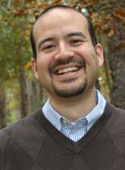
Michael Sciretti, Jr.
Centering prayer, in which a sacred word is used to pray meditatively, can bring a focused calm to an otherwise chaotic time, Sciretti said. “This is an interior yielding to God that allows change and transformation to work on you. People from all over the world are trying to find some grounding and centeredness in this pandemic.”
‘A desire to be fed and nourished’
Church ministers who long have labored to convince adults to continue faith development are delighted to see men and women taking the lead in their own discipleship.
“This idea of assuming responsibility and acting for your own spiritual formation is being augmented by this time in ways we couldn’t have predicted.”
“It’s super exciting,” said David White, connections pastor at Johns Creek Baptist Church in Atlanta. “We are finding that this idea of assuming responsibility and acting for your own spiritual formation is being augmented by this time in ways we couldn’t have predicted.”
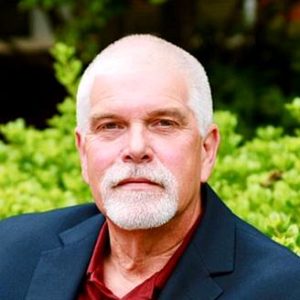
David White
Spiritual formation assumes an understanding that a life in Christ must be nurtured and pursued throughout a believer’s life, he said. It is typically delivered through Sunday school classes, Bible studies and other courses. Those courses have become virtual in many congregations.
White said those online settings appear to present fewer distractions than in-person meetings. “When a person chooses to engage with a resource we put out there, it’s that person and a screen in a very undistracted kind of way. People have no choice but to take responsibility.”
Johns Creek Baptist is discerning how best to offer spiritual formation tools given the new environment. And it’s a good challenge to face, White said. “We are beginning to see that we have been given quite a gift.”
But that gift can initially be a rude awakening for many, said Blake Kendrick, minister for adult discipleship at Providence Baptist Church in Charlotte, N.C.
“It has forced us to face how unbalanced we have been,” he explained. “We have all been forced to take an extended, patient look at our inward life and to discover that we have been spiritually malnourished.”
Kendrick said he’s been encouraged by the positive response many have had to this epiphany. “There is clearly a hunger for wholeness and wellbeing and to be shaped in the image of Christ for the world.”
‘People have had these aha moments’
At Providence Baptist, faith formation activities such as the pub theology group, Sunday school, adult Bible study and Wednesday seminars have taken on virtual expressions. Spiritual development opportunities also are being shared through social media. The effort is well received.
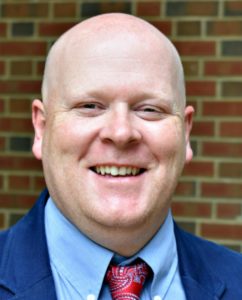
Blake Kendrick
“The level of engagement has been much greater during COVID-19 than before,” he reported.
Spiritual formation also has come to have parallels with monastic Christianity, said Kendrick, a leadership team member of the Academy of Spiritual Formation, the retreat arm of The Upper Room ministry.
The early monastics “retreated to the desert for safety and to live a life devoted to Christianity. They had to figure out things for themselves, and it transformed them.”
While those monks often were fleeing religious persecution, many Christians today seek to distance themselves from the consumerism they realize has infiltrated their faith lives, Kendrick added. “We are being forced to figure out our spiritual priorities. We want to feel alive and connected to the spirit of Christ.”
For some that is occurring through morning prayer, meditation and Scripture study groups meeting on Zoom. Others connect through live or recorded centering prayer, Lectio Divina or Taizé sessions.
“There is in some way a desire to be fed and nourished and to be made whole,” Kendrick said.
“Spiritual formation is asking the fundamental questions of faith: how do I rely on God in a time when I am more anxious than I usually am?”
Whatever form it takes, paying attention to faith formation is an effective way to continue growing in a time of pestilence, Davis said. “Spiritual formation is asking the fundamental questions of faith: how do I rely on God in a time when I am more anxious than I usually am?”
Faith formation tools may include daily gratitude lists and centering prayer, which foster a God-focused practice that also promotes concern for others, she said. “We need to be grounded in God, but we also need to keep our hearts open. This is not a time to stick our heads in the sand.”
First Baptist’s ministers are providing social media and text prompts for readings and prayers in response for the demands they are sensing, Davis said. “We just try to put a lot of different things out there because they resonate with people and they can engage with it in their own time.”
This all reflects how spiritual formation is evolving as the church and its people come to grips with the pandemic.
“People have had these ‘aha’ moments, and we have to ask, how do we change them into behaviors that endure when the pace of life picks up again?”

